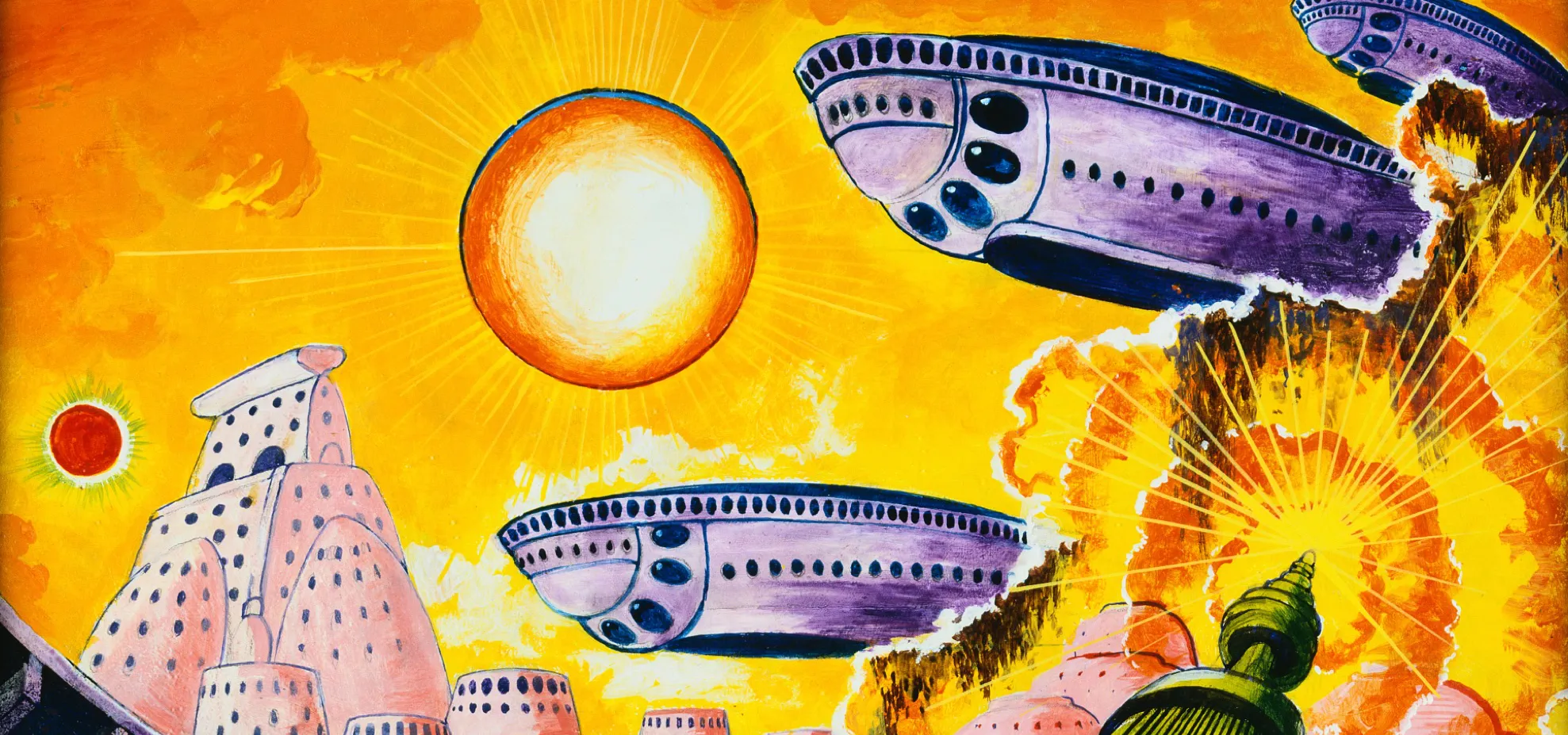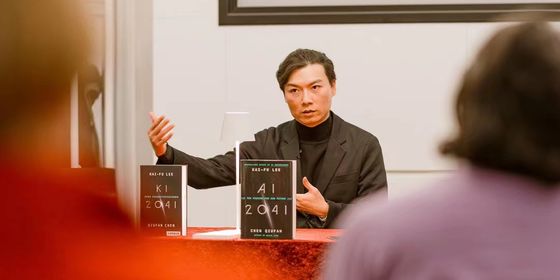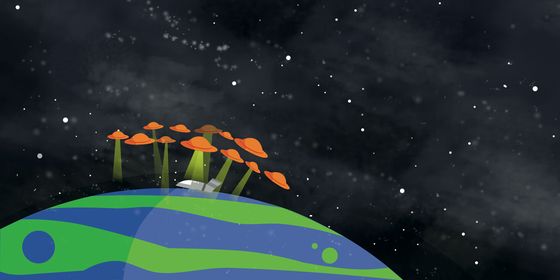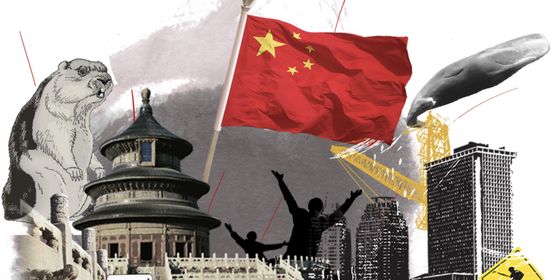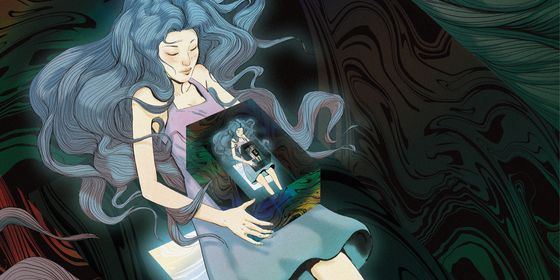Chinese science fiction is finally being translated into English beyond Liu Cixin’s famous Three-Body Problem
When Liu Cixin’s The Three-Body Problem emerged in 2015 as the first novel out of Asia to win a Hugo Award, the highest honor in science fiction literature, the search began to find China’s other gems.
It’s not been a simple task, but recent translation efforts are now revealing Chinese sci-fi to English-speaking audiences. In short story anthologies—most recently Xueting Christine Ni’s Sinopticon last month—and digital magazines (like the non-paywalled Clarkesworld), international readers are gaining greater access to China’s sci-fi canon at long last.
Sci-fi in China goes back to the 1900s, when Lu Xun (鲁迅) and other intellectuals translated Jules Verne as a way to educate the general population about science and build a modern China. “Leading the Chinese people forward begins with science fiction!” was the slogan Lu Xun printed in the preface of From the Earth to the Moon (《从星球到月球》).
Authors stuck to that motto for the next half-century, through the era of ambition and aspiration between the foundation of the PRC in 1949 to the Reform and Opening Up of the 1980s, even if their quality fell short of their ambition, “most works [of the time] were technological conjecture at their core, with simple characters, nearly no humanistic themes, and a simplistic writing style that was crude even for those times,” writes Liu Cixin in a 2017 essay “A Century of Western Winds: A Brief Discussion of the Influence of Foreign Science Fiction on Chinese Science Fiction Literature,” translated by Jesse Field.





